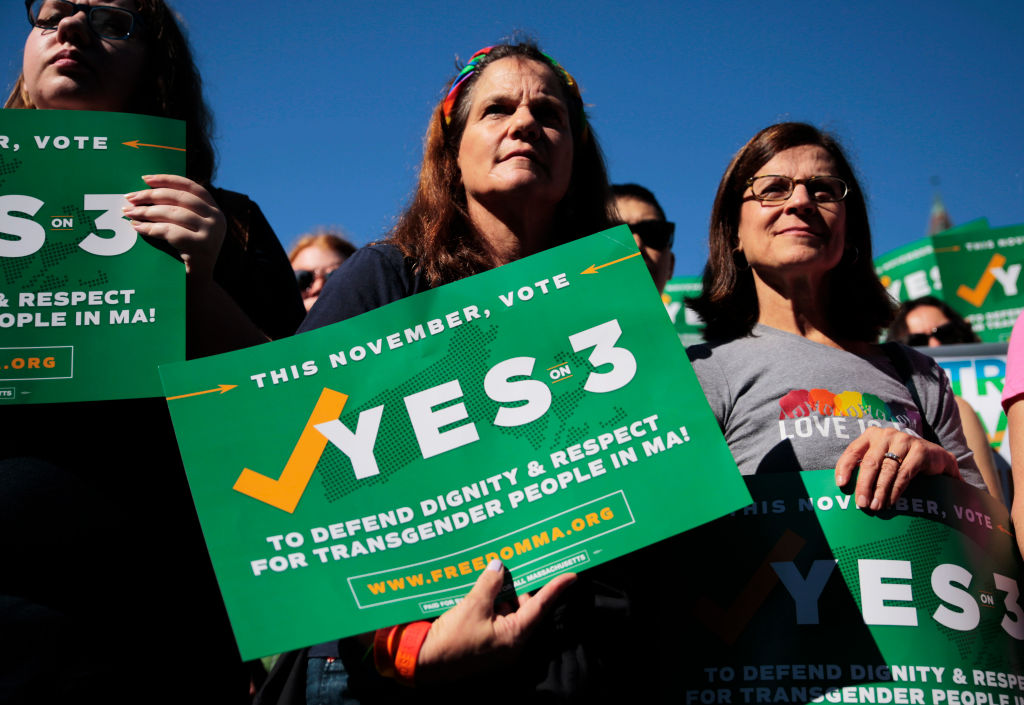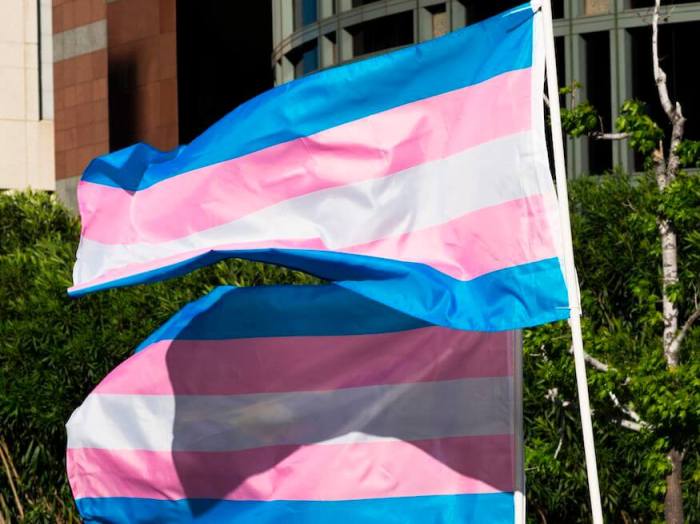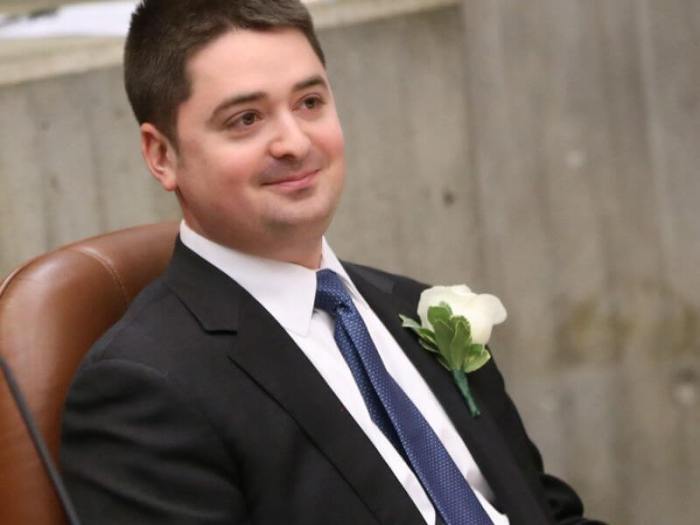Massachusetts ballot Question 3 is gaining attention beyond the Bay State as the Trump administration considers redefining legal definitions of sex and gender, threatening transgender protections across the country.
Question 3 asks residents to uphold a transgender protection law that was signed by Gov. Charlie Baker in July 2016, which bars discrimination on the basis of gender identity in places of “public accommodation,” from bathrooms to restaurants to parks.
The question has taken on national interest, with actress Laverne Cox voicing her support for a “yes” vote at an event this week by saying that Massachusetts “has an opportunity to send a message to the rest of the country that this is not who we are as Americans, that this is not who we are as human beings, that we respect the humanity of everyone.”
Supporters of Yes on 3 are joining a Boston Common rally on Sunday to stand up against threats to transgender rights from across the country.
“I think there’s more eyes on Massachusetts and more people understanding the importance of voting yes on 3, because they understand that the decisions that we make as a commonwealth reverberate across the country,” said Carol Rose, executive director of the ACLU of Massachusetts.
“And it’s tremendously important on this issue that we are voting our values and not our fear.”

Speaking at a Yes on 3 event in downtown Boston Wednesday, actress Laverne Cox offered a message to transgender people, telling them, “We are each here for a divine purpose.” Photo: Katie Lannan/SHNS
Massachusetts ballot question 3: What is a Yes vote? A No vote?
A “yes” vote on Question 3 keeps the existing public accommodation law in place. A “no” vote would repeal the transgender protection law — a move that both sides say would echo across the country.
This is why Mason Dunn, Yes on 3 campaign co-chair, knew this ballot question would have national implications from the very beginning, regardless of the current national climate around transgender identity.
“The opponets to transgender equality, the anti-LGBTQ advocates, have stated from the beginning that if they can be successful in Massachusetts, they’ll take the effort to roll back transgender rights in any state they can across the country,” said Dunn. “What’s at stake here is the very fact that if they’re successful here, it could mean the end of transgender rights in many states where they may be more vulnerable than in Massachusetts.”
Keep MA Safe and the Massachusetts Family Institute are the groups pushing a “no” vote on Massachusetts ballot Question 3, claiming that the law makes women and children less safe by putting them at risk of sexual predators.
Supporters of the law say that’s not true.
“For the last two and a half years, we have had equal rights for transgender people and there’s been no public safety problem,” said Rose. “The only people whose lives have been affected are the people who have enjoyed equality. No one else has been harmed by this.
The fact that Question 3 is on the Massachusetts ballot at all is historic. It marks the first time that transgender equality is put to a ballot in the country. The law came to be through the legislature, yet now a ballot measure could repeal it. But Yes on 3 supporters are hopeful that Massachusetts will remain a leader in terms of LGBTQ equality.
“I moved to Massachusetts because I knew this was a state that valued the rights and dignity of all people,” said Dunn. “With a yes vote on Question 3, we can maintain that long historic reputation of being place where the lives and dignity of all people are respected.”
























